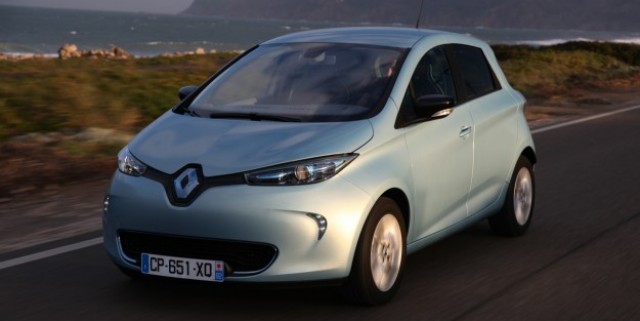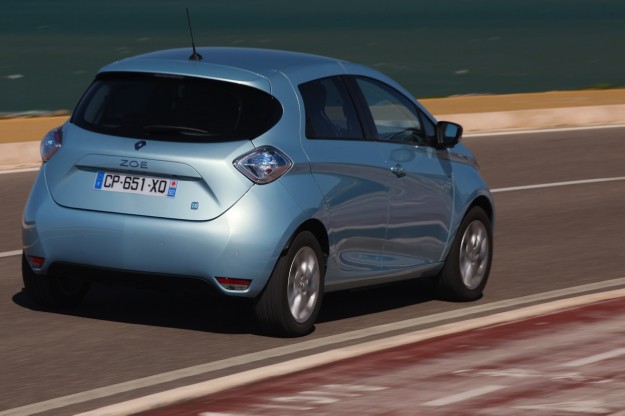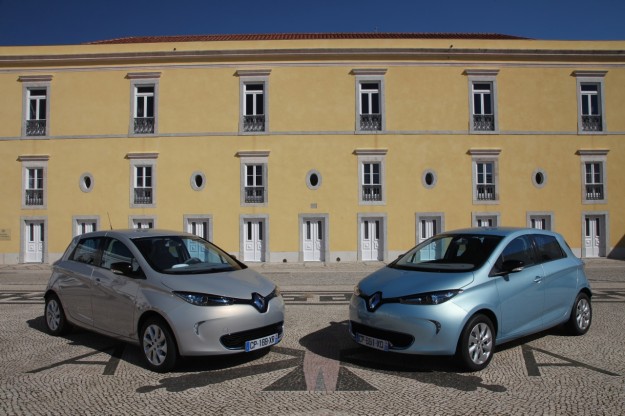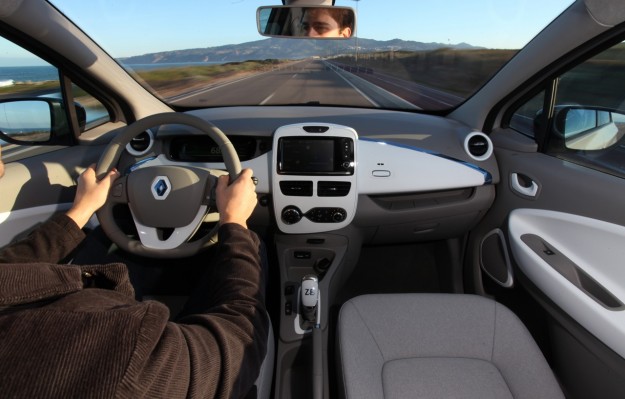
An Australian launch for the all-electric Renault Zoe is still a possibility if Renault gets its way.
Speaking with CarAdvice at the Geneva motor show, Renault Australia boss Justin Hocevar said that while there’s still a lot of work to be done, there’s good support for bringing the Zoe to Australia in the future.
The Renault Zoe, which has a real world range of around 150km per charge, has gone on sale in Europe starting from around 20,000 euros ($25,000) – taking into account roughly 7000 euros ($8900) of government incentives – with a separate finance structure that sees the car’s lithium-ion batteries rented to buyers at around $100 a month instead of purchased outright.

“The big challenge is that there’s a view within the company that until there’s incentives in the market, it makes it very challenging to commercialise the vehicle and it’s true when you compare to incentives in Europe, it’s a huge difference,” Hocevar said.
With Renault making use of Nissan Australia’s captive finance company, the ability to lease batteries locally is a strong possibility if the car is to be released in Australia. Asked how much the Zoe might cost in our market, Hocevar admitted that it would need to make financial sense to consumers compared with petrol and diesel vehicles on offer today.
“If you work from the pricing structure of Zoe in Europe, you’d probably be talking about light segment electric in the high-20s/low-30s price point, then pay (lease) for a battery.”

“Without any government incentives the advantage to people is borderline, the petrol and diesel technology is improving, the emissions and fuel economy is coming down but if fuel prices go up then that changes the equation.”
The Renault Zoe is currently built in left-hand-drive only, but right-hand-drive versions are on the production time line, with an Australian launch a possibility within 18-24 months, or sooner, depending on fuel prices or the possibility of incentives.
With Australia one of only a handful of western nations without incentives for electric cars, Hocevar admits his frustration at the lack of government support to push the green initiative.

“Even China has incentives, so many markets have incentives now, it’s difficult to understand why politicians in Australia can’t take a position on electric vehicles and support it. Everyone is sitting on the fence. They are not negative about them but no one is saying we will back them.”
The Renault-Nissan Alliance continues to invest heavily into electric vehicle technology with expectations that in the short to medium term, at least 10 per cent of the company’s overall sales would be made up of the zero-emission vehicles.
With the federal election later this year, perhaps there’s opportunity for the new government to shift its attitude towards electric cars.
“I certainly wouldn’t bother to bring it at the price point the others have,” Hocevar said.
“For people to pay a $20,000 premium over an internal combustion engine vehicle, I don’t think too many consumers are prepared to pay that. I think that is the challenge. Yes, there’s some early adopters that are attracted to the green credentials, but that’s such a tiny proportion of the market.”





